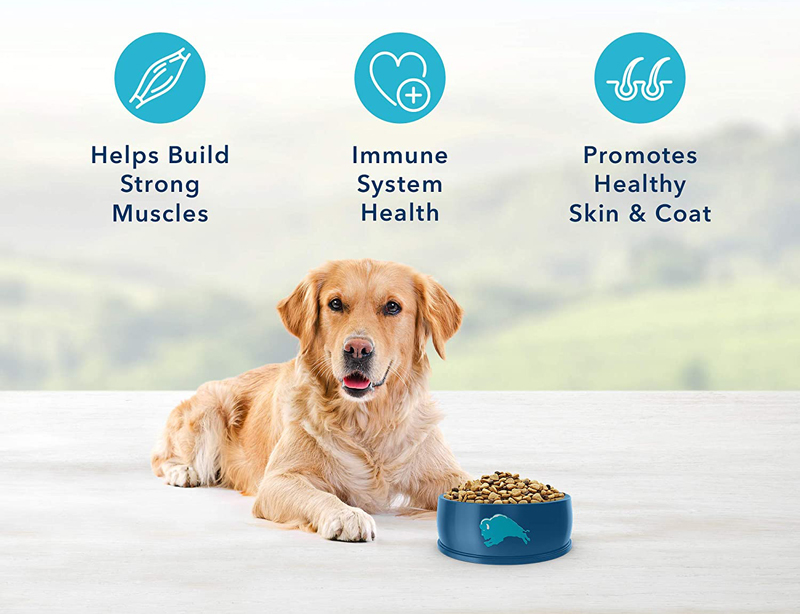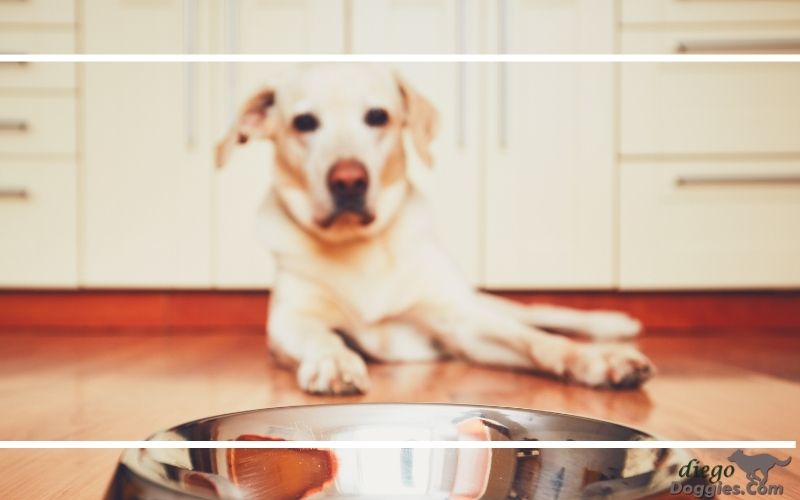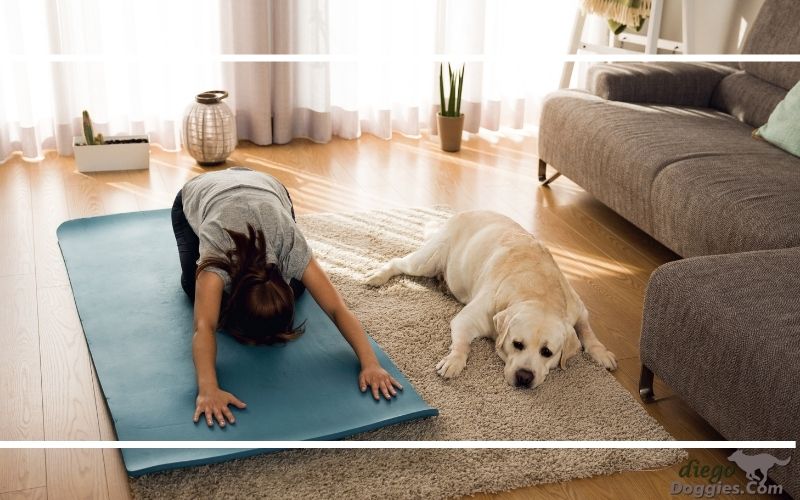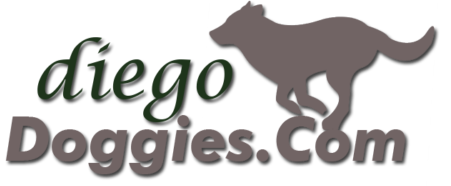Dog owners often fail to notice when their dogs are becoming overweight because the pounds can be put on them very gradually. Becoming exhausted after a short workout or a brisk walk may be the first signs that alert you to the weight problem of your dog.
You might feel guilty for having neglected this part of dog care responsibilities, but do not fret. There are simple, practical solutions to tackle this problem.
The most important thing is that you love the dog enough to do what it takes to bring the overweight dog back to normal weight. His health depends on it, since dogs can develop the same obesity-related problems that people suffer from.
However, treating a dog as we treat a person is a mistake we tend to commit. We may feel that an older dog should be given plenty of rest and should have a reprieve from exercise routines. In fact, when many older dogs show a reluctance to go for regular walks, their owners should not let them have their way.
Dogs need to remain active to stay healthy. Unless your dog has a specific health condition that makes it dangerous for him to exercise, you should insist on daily walks and exercise. Do not feel bad about it.

Find the Right Food for Your Dog
While every dog requires a nutritious diet, your dog’s diet should be adjusted to his size, age, and activity level. Adult dogs may not need high energy foods that fast-growing puppies require.
A pregnant or lactating dog requires more food than a male dog of the same age. You should discuss the nutritional needs of your dog with your veterinarian and select a dog food that is right for him.
Portion Control
Smaller dogs need only a small quantity of food. Even larger dogs should not be fed too much if they are leading a sedentary life. Some dogs look larger than they really are because of their thick furry coat, but their stomach may be small. When they are fed too much food, the excess gets stored as fat.
Do not go by the suggestions given on the dog food packaging. They only give a general idea and are meant for maintaining weight, not for affecting weight loss. When you want to help the dog lose weight, you should get the veterinarian to prescribe the number of calories the dog needs and plan the meals accordingly. Exercise strict portion control, counting in the special treats you offer him from time to time.

Interval Feeding
Some dog owners are under the impression that food should always be made available to the dogs so that they can eat at will. A dog in the wild does not have fixed mealtimes, but that does not mean that food is always available. Wild dogs must spend a lot of time hunting to keep themselves reasonably fed and often go hungry for long periods. So, it is not wrong to feed your dog at fixed intervals.
If the food is left out, many dogs eat just to occupy themselves just like people snacking mindlessly when they are bored. This should be avoided when you want to help the dog lose weight. If you are not around to feed the dog fixed portions at fixed times, you can invest in an automatic feeder.

Exercise
The importance of exercise cannot be stressed enough. If your dog is leading a sedentary life, introduce exercises and activities gradually, but if he is already active, increase their frequency or duration to help the dog lose weight. Do not be worried that you are being too hard on the dog; it is for his health and wellbeing.
Related Content
Three Important Tips When You Adopt a Dog
What You Should Do To Become a Responsible Dog Owner
How To Avoid Dog Heatstroke
How a Dog Microchip Works
How to Avoid Traumatizing Your Dog When You Move
How to Get Rid of Fleas on Your Dog
San Diego Dog Park Safety Tips, Training, and Dog Accessories

2 thoughts on “How to Help an Overweight Dog”